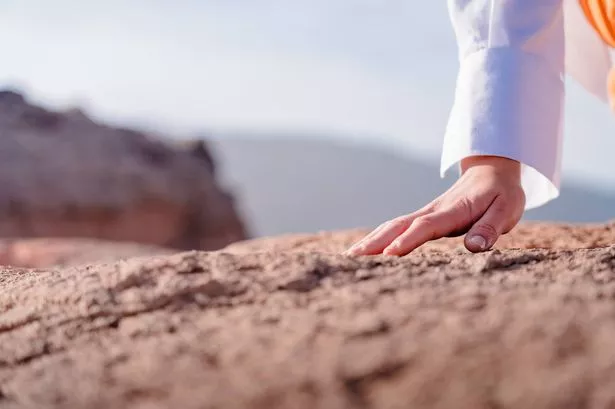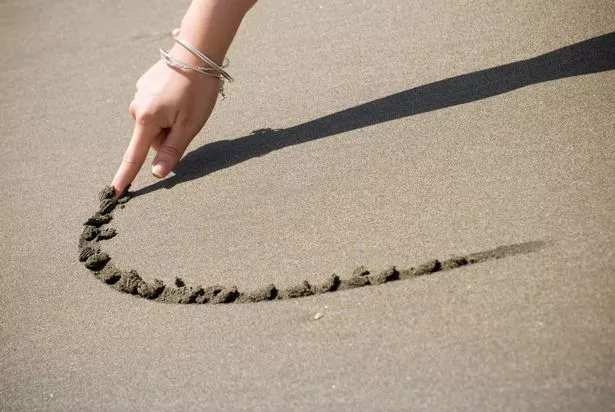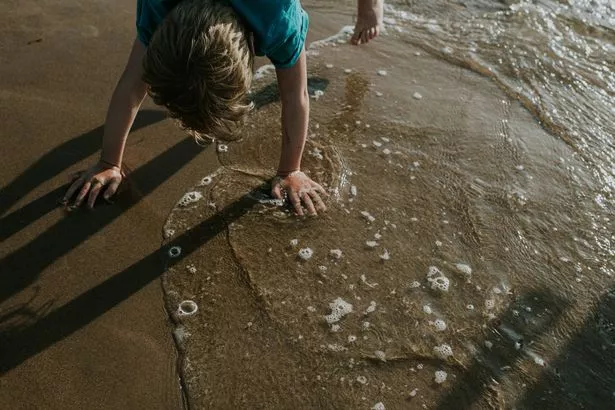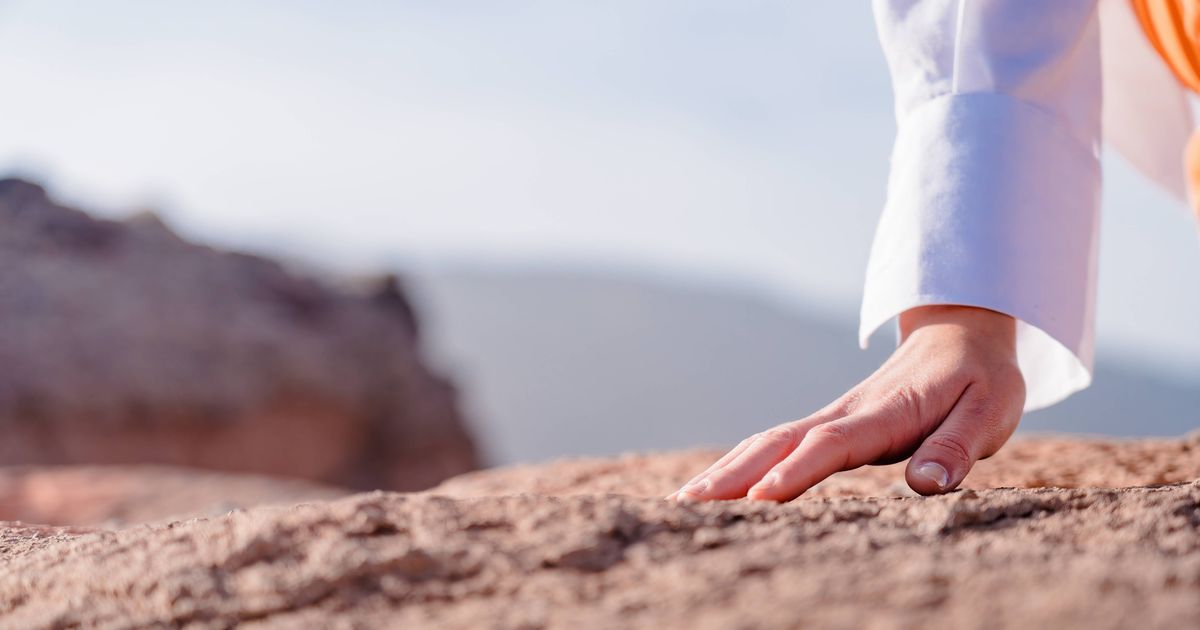We’re told we have five senses – sight, hearing, smell, taste, and touch – but now scientists at a London university have discovered a mysterious new ability they call ‘remote touch’ The scientists say we can sense buried objects at a distance(Image: Daniel Garrido via Getty Images)
The scientists say we can sense buried objects at a distance(Image: Daniel Garrido via Getty Images)
The five established senses are sight, hearing, smell, taste, and touch. Each of these has specialist organs that send information to the brain about our environment. But over the years, many candidates have been put forward for a “sixth sense,” and now scientists have suggested that humans could even have a seventh sense.
Researchers at Queen Mary University of London and University College London say that this mysterious seventh sense is “remote touch” – the ability to sense a buried object thanks to subtle touch-based cues.
Other animals have been shown to have a similar ability – for example, seabirds such as sandpipers probe wet sand with their beaks to locate prey that they couldn’t possibly see, smell, or even touch in the conventional sense.
Now, in laboratory-controlled experiments, humans have been shown to be able to detect these subtle pressure differences too.
Queen Mary University’s Elisabetta Versace explained that the successful experiment “changes our conception of the perceptual world.”
 Unlike the more conventional idea of touch, the experiment suggested we can ‘feel’ things a short distance away from us(Image: Olga Pankova via Getty Images)
Unlike the more conventional idea of touch, the experiment suggested we can ‘feel’ things a short distance away from us(Image: Olga Pankova via Getty Images)
In the groundbreaking experiment, twelve volunteers between the ages of 18 and 26 were asked to drag their index fingers through a metre-long box of dry sand. The speed of their fingers was maintained at a steady few centimetres per second thanks to a guiding strip of LED lights.
Hidden in each box of sand was a small plastic cube. The volunteers were asked to keep going until something felt “off.”
In total, the experiment was run 216 times, and in 79 cases the test subjects accurately detected the buried objects without touching them, and correctly stated that there was “no object” 58 times.
 The participants detected a buried object with better accuracy than sheer chance(Image: code6d via Getty Images)
The participants detected a buried object with better accuracy than sheer chance(Image: code6d via Getty Images)
That may not seem all that conclusive, but in statistical terms, the results showed a sensitivity well above complete chance. The test subjects also made physical contact with the buried cubes 35 times and recorded 30 false positives.
In most of the successful detections, the participants’ fingers were around 2.7 cm away from the target object when they found it.
Now that this subtle human ability has been identified, the next step will be to give that same skill to robots. Incorporating psychology, robotics, and artificial intelligence, future androids equipped with this “seventh sense” could locate people or objects buried by earthquakes or avalanches without potentially destructive digging, or even sift through the alien soil of distant planets.
Lorenzo Jamone, an Associate Professor in Robotics & AI at the Department of Computer Science at University College London, says that he is focusing on “the intelligence of the hand, and pursuing the ultimate goal of creating robots that can use their hands as smartly as humans do – showing autonomy and adaptation – so that they can be effectively employed in our society.”
 The discovery could have many practical applications, from finding lost objects to interplanetary exploration(Image: Catherine Falls Commercial via Getty Images)What is the sixth sense?
The discovery could have many practical applications, from finding lost objects to interplanetary exploration(Image: Catherine Falls Commercial via Getty Images)What is the sixth sense?
Over the years, everything from telepathy and awareness of your position in space to that creepy feeling that someone is staring at you has been suggested as a candidate for the sixth sense.
The sense of balance, controlled by tiny bones in our inner ear, is also a candidate, as well as our awareness of how hot or cold an environment is.
The feelings of hunger and fullness aren’t directly associated with our five conventional senses and have also been put forward as potential sixth senses. Scientists at Duke University in the US have discovered that specialised cells in the colon can pick up information from our gut bacteria and pass on messages to the brain that control how much we eat.
Dowsing, another form of remote sensing, has also been described as connected with a possible sixth sense. It’s even been theorised that we can have an awareness of how oxygenated our blood is.
Some people have claimed to be able to detect magnetic fields, and most of us also seem to have a reasonably accurate “internal clock” that enables us to estimate how much time has passed – even, in many cases, when we have been asleep. Some researchers have theorised that we could have as many as 20 or 30 senses in all.

